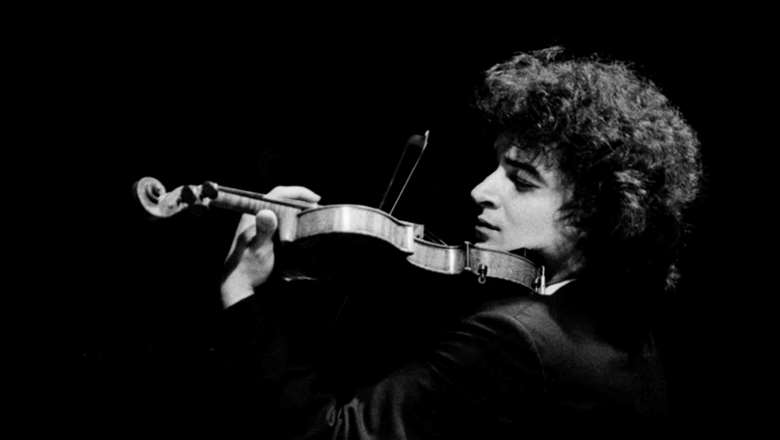Artist managers: A Christmas recollection
Andrew Green
Monday, December 9, 2024
Andrew Green recounts a festive memory of Romanian-born violinist Eugene Sarbu, who died earlier this year


Register now to continue reading
Don’t miss out on our dedicated coverage of the classical music world. Register today to enjoy the following benefits:
- Unlimited access to news pages
- Free weekly email newsletter
- Free access to two subscriber-only articles per month




